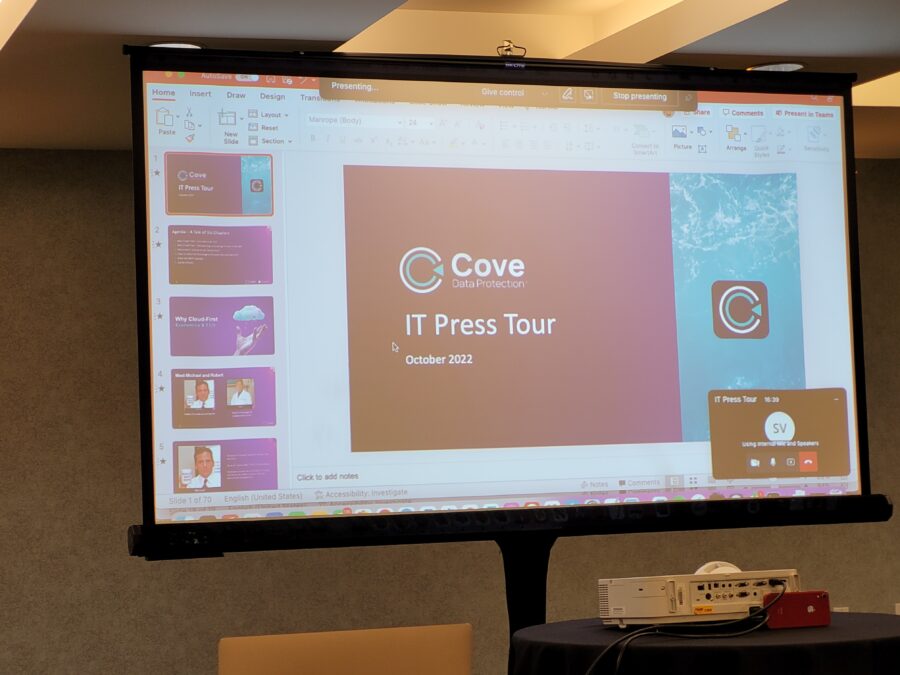In addition, 24% of IT businesses that participated in the Buckworths study, which looked into attitudes among UK SMEs towards the economic impact of Covid-19 and support from government, said that recovery could take up to two years.
When asked about whether government support was sufficient, four in ten (36%) of IT businesses said they don’t believe that courses of action, such as the Coronavirus job retention scheme, are enough to help them ultimately survive.
Once the furlough scheme comes to an end, only 17% of IT companies said that they could bring back their entire workforce.
Helping businesses benefit from the job retention scheme
As for SMEs more generally, 50% said that further investment is crucial to saving jobs, and almost half (45%) said that they were no longer optimistic about the future of their company.
Michael Buckworth, managing director at Buckworths, said: “The government has failed to set out a coherent plan to exit the lockdown, and this has left businesses feeling a severe lack of optimism for the future. The Prime Minister’s speech may have contained an outline timetable, but it was subject to numerous caveats, ifs and maybes.
“The government must get a grip on this crisis and clarify several points. Now that the furlough scheme will run to September, will it change it to reduce the government contribution, or allow part-time work?
“Secondly, what will be the obligations of employers when work people return to work? Will staff have to wear PPE? Will employers have to maintain social distancing in the workplace? Will employers have to allow flexible working? Employers cannot impose new working conditions without warning and preparation.
“Finally, the government must be clear when businesses can return to work, and they cannot continue a policy of lockdown indefinitely. The British Business Bank loan schemes have provided vital cash injections during the period of strict lockdown, but they are only short-term solutions.
“The Future Fund will help a small number of highly innovative startups but will be inaccessible to most SMEs. An alternative approach which shifts the onus from the government to private investors should be pursued, such as a temporary tax relief scheme that is similar to the existing Seed Enterprise Investment Scheme (SEIS) and Enterprise Investment Scheme (EIS).”
The study by Buckworths surveyed over 500 owners of UK SMEs from across a variety of industries, including IT, as part of the law firm’s ‘Rebooting British Businesses post Covid 19‘ campaign.







